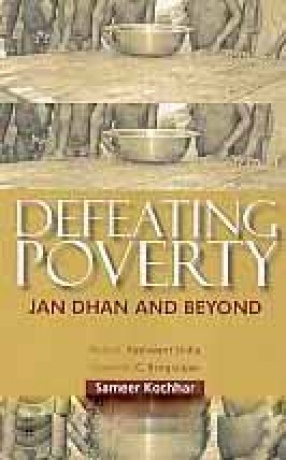
Showing all 5 books

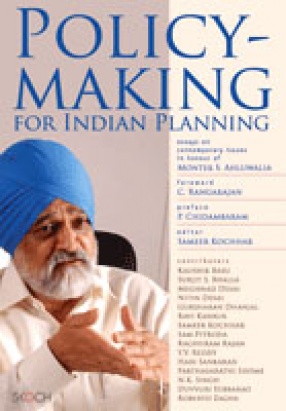
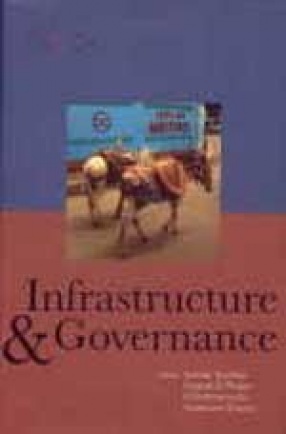

It examines why so many years after Independence, India still has a large number of poor and points towards vote-bank politics as a key culprit in choosing poor policy options that could never deliver optimally.Poverty alleviation measures adopted by Narendra Modi during his tenure as Chief Minister of Gujarat, were a greater success compared to other states. The book identifies the key success factors for financial inclusion a credit and livelihood based ...
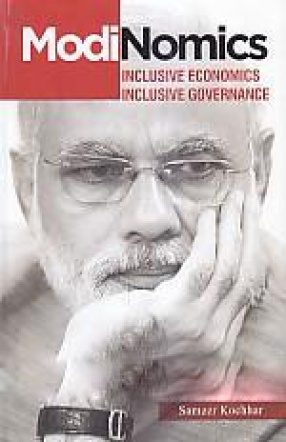

A key figure in Indias economic reforms from the early 1980s onwards Montek Singh Ahluwalias fingerprints can be found in policies from economics to education reform and he has been a driving force in the liberalisation programme of the past 20 years or more. The Oxford educated economist spent 11 years with the World Bank in Washington before returning to India in 1979 to work as an economic adviser to the government. His commitment to poverty alleviation and ...
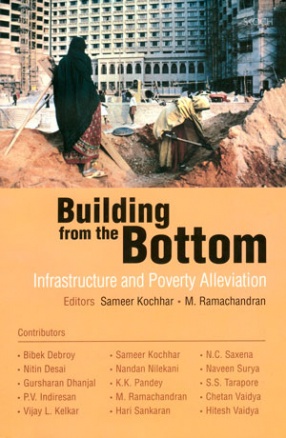
Putting the right infrastructure is critical to India’s plans for inclusive growth. Increasingly, responsibilities for infrastructure development will be decentralised to the local governments, whether rural or urban. There is now an increasingly urgent need for large-scale environmental improvement programmes and for strengthening governance and the capacity of local institutions to plan, implement, and finance infrastructure provision and service ...

Participatory democracy, infrastructure and empowerment/Sameer Kochhar and Gursharan Dhanjal. I. Infrastructure: planning and dialogue framework: 1. Infrastructure for development/Montek Singh Ahluwalia. 2. Right to information/Wajahat Habibullah. 3. Building rural infrastructure/Subas Pani. 4. Rural telecom: connecting Bharat/Shantanu Consul. 5. Infrastructure: the cornerstone of economy/K.C. Chakrabarty. 6. Technology imperatives for rural India/Neelam Dhawan. ...
